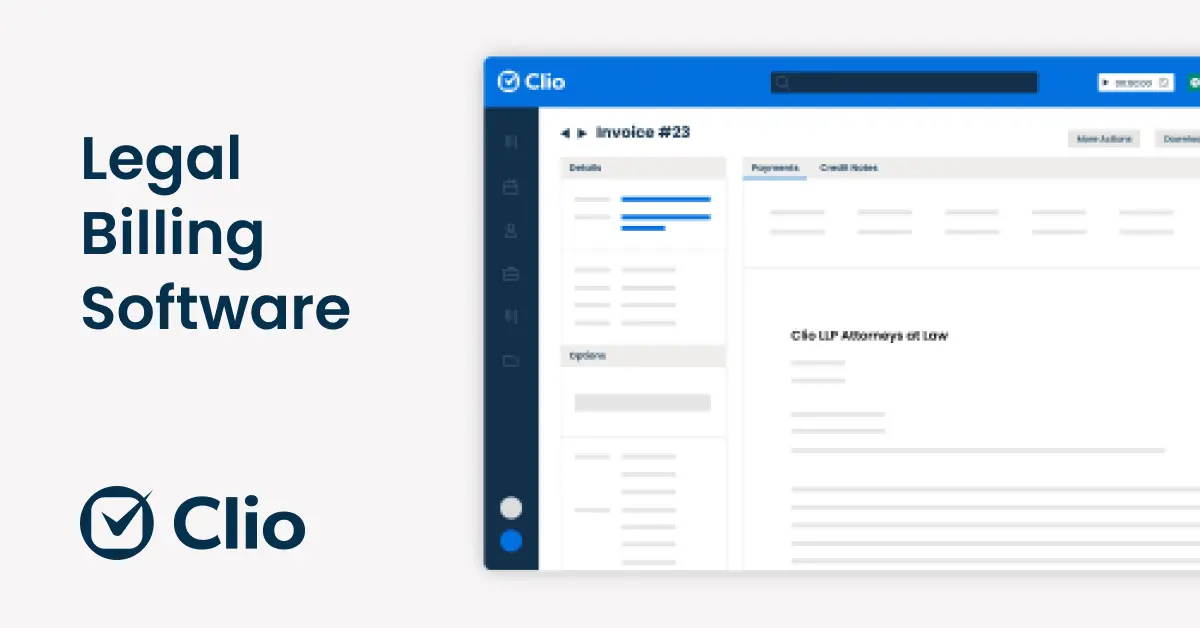
Understanding Asylum in the U.S.
Seeking asylum in the United States is a complex and often daunting process. Individuals fleeing persecution often find themselves navigating a labyrinth of legal requirements, deadlines, and procedural hurdles. An experienced asylum lawyer can be invaluable in helping applicants understand their rights and responsibilities throughout this process. This guide aims to provide clarity on the asylum application procedure and the role of legal assistance.
What is Asylum?
Asylum is a form of international protection given to individuals in the U.S. who meet the definition of a refugee. To qualify, an applicant must demonstrate that they have suffered persecution or have a well-founded fear of persecution due to race, religion, nationality, membership in a particular social group, or political opinion in their home country. The U.S. provides this protection to ensure that individuals can live without the threat of violence or discrimination.
Why Legal Guidance is Essential
Understanding the asylum process can be overwhelming, particularly for those who are unfamiliar with U.S. immigration law. A qualified asylum lawyer can help streamline the process by providing essential guidance. Here are some key reasons legal assistance is crucial:
- Expertise in Legal Procedures: Asylum applications require adherence to specific legal protocols and timelines. An asylum lawyer is well-versed in these nuances and can help avoid costly mistakes.
- Compiling Evidence: Asylum cases often hinge on the presentation of compelling evidence. A lawyer can assist in gathering and organizing necessary documentation, such as personal statements, witness testimonies, and country conditions reports.
- Preparing for Interviews: Applicants must undergo an interview with a U.S. Citizenship and Immigration Services (USCIS) officer. An asylum lawyer can provide mock interviews and coaching to help applicants communicate their cases effectively.
- Representation in Court: If a case is denied at the initial level, applicants have the right to appeal. An asylum lawyer can represent clients in immigration court, advocating on their behalf.
Steps in the Asylum Application Process
The asylum application process involves several critical steps. Below is a simplified overview:
| Step | Description |
|---|---|
| 1. Determine Eligibility | Assess if you meet the criteria for asylum based on your fear of persecution. |
| 2. File Application | Submit Form I-589 (Application for Asylum and for Withholding of Removal) within one year of arrival in the U.S. |
| 3. Attend Biometrics Appointment | Provide fingerprints and photographs for background checks. |
| 4. Interview | Attend the asylum interview where you will present your case. |
| 5. Receive Decision | Receive a decision from USCIS on your application. |
| 6. Appeal (if necessary) | If denied, consult your asylum lawyer for options to appeal the decision. |
Common Challenges Faced by Asylum Seekers
Asylum seekers often encounter various challenges during the application process, including:
- Proving Credibility: Applicants must convince immigration officials of the legitimacy of their claims, which can be difficult without proper evidence.
- Language Barriers: Non-native English speakers may struggle to communicate effectively. An asylum lawyer can facilitate communication and ensure that the applicant’s story is accurately represented.
- Emotional Stress: The asylum process can be emotionally taxing, especially for individuals recounting traumatic experiences. Legal advocacy can provide support during this challenging time.
Finding the Right Asylum Lawyer
Choosing the right asylum lawyer is crucial for a successful application. Here are some tips for finding the right legal representation:
- Check Credentials: Ensure the lawyer is licensed and has experience specifically in asylum law.
- Read Reviews: Look for client testimonials and reviews to gauge the lawyer’s reputation and success rate.
- Schedule a Consultation: Many lawyers offer initial consultations. Use this opportunity to discuss your case and assess the lawyer’s approach.
Conclusion
Seeking asylum in the U.S. is a challenging journey that requires careful navigation of legal processes. Engaging an experienced asylum lawyer can make a significant difference in the outcome of your application. They provide valuable support, ensuring that your case is presented effectively and that your rights are protected throughout the process. If you or someone you know is considering applying for asylum, seek legal guidance to help navigate this critical matter.






